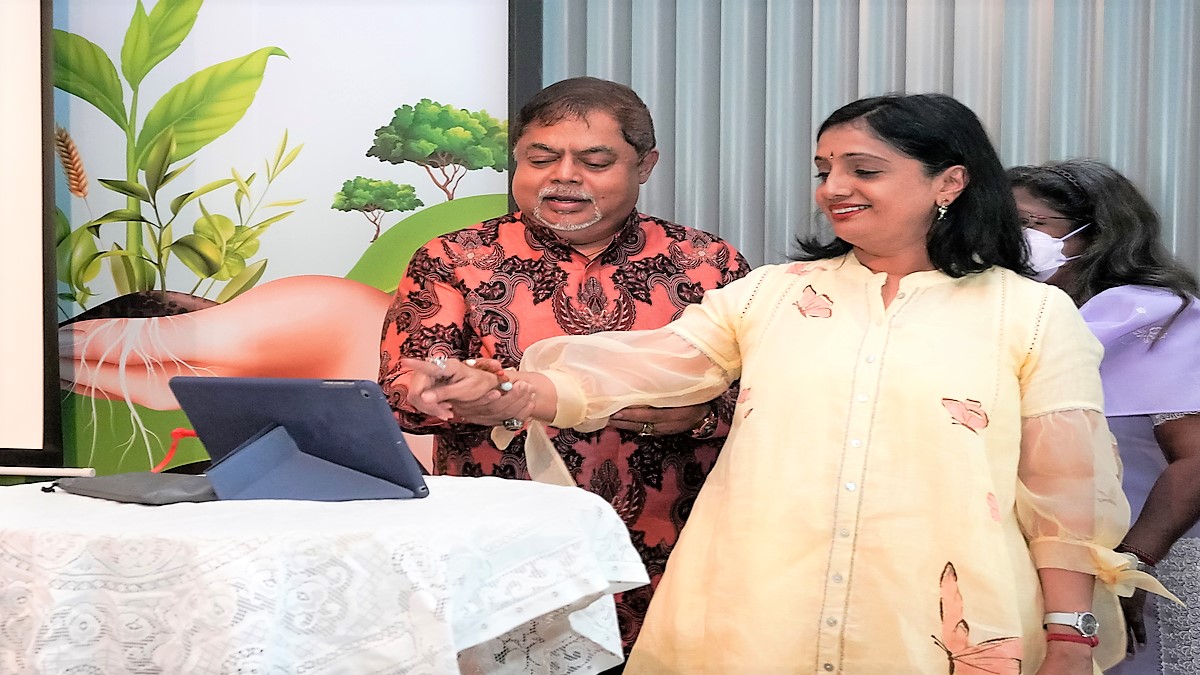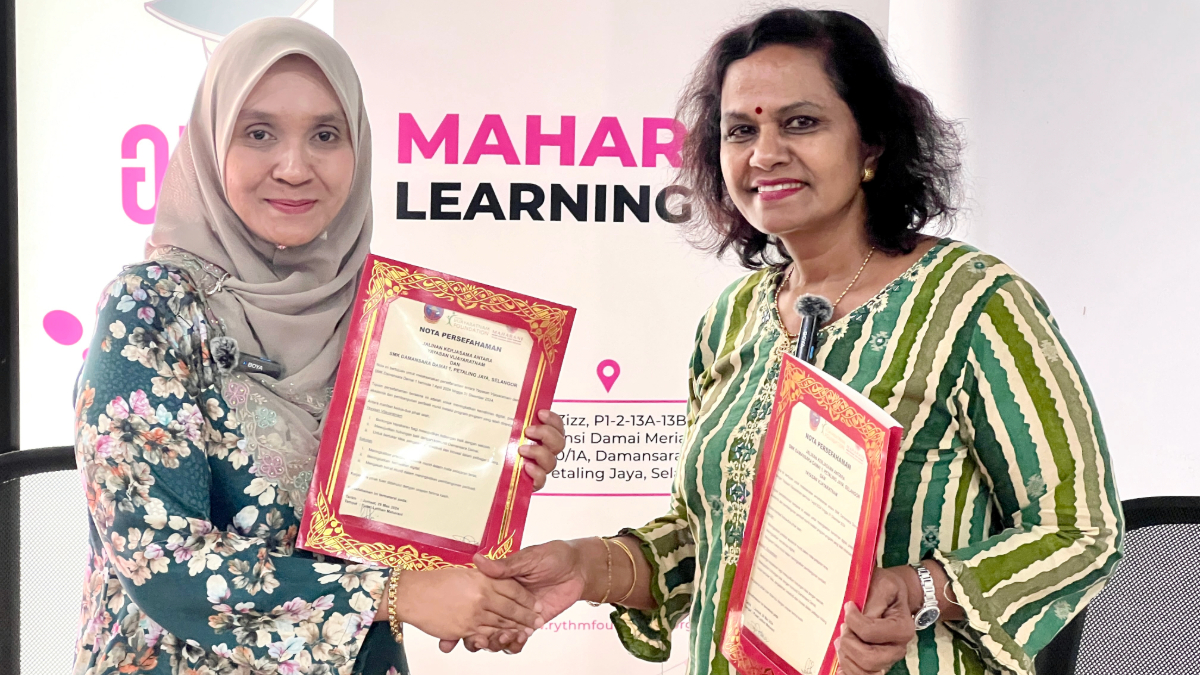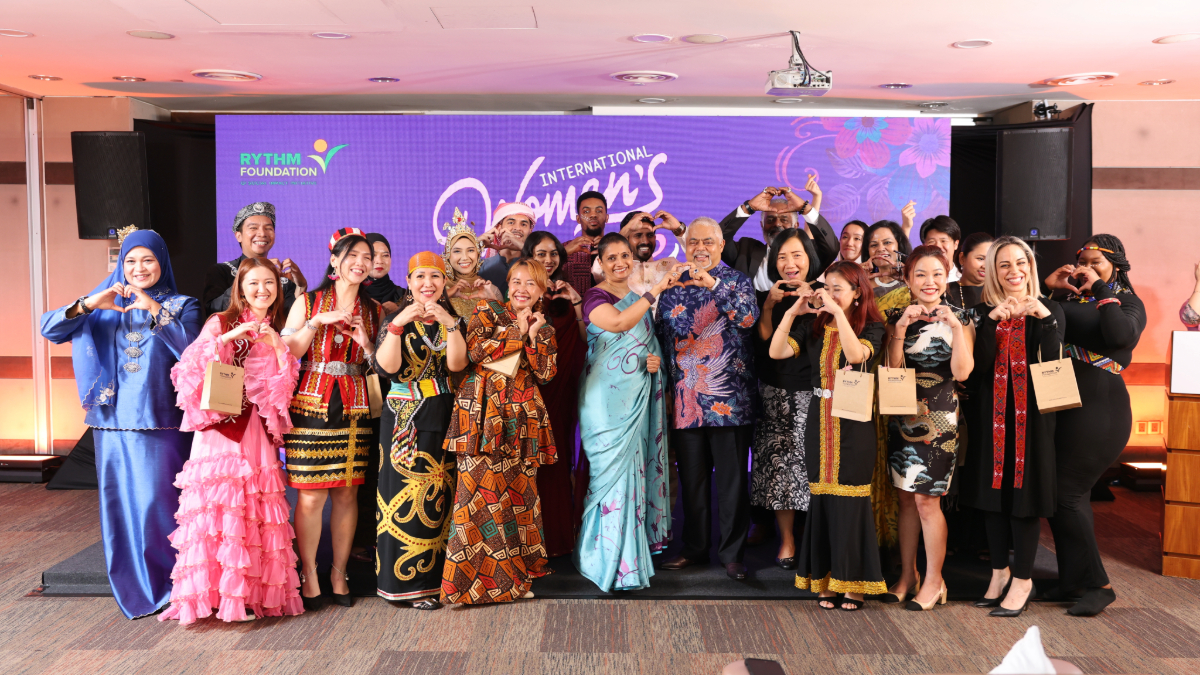Quest International University (QIU) and RYTHM Foundation have jointly launched the QIU Community Impact programme (QCI) in Malaysia to cultivate a culture of social responsibility among its faculty and students.
Primarily aimed at nurturing students to become socially responsible scholars, creative thinkers, and thought leaders, QCI encourages them to serve others and build bridges within their communities.
Themed ‘QIU Community Impact: Planting Roots for the Future’, QI Group’s Founder and Executive Chairman, Dato’ Sri Vijay Eswaran, and RYTHM Chairperson, Datin Sri Umayal Eswaran, recently launched the programme at the university. The Ipoh-based QIU is the Group’s education venture, while RYTHM is its social impact initiative.
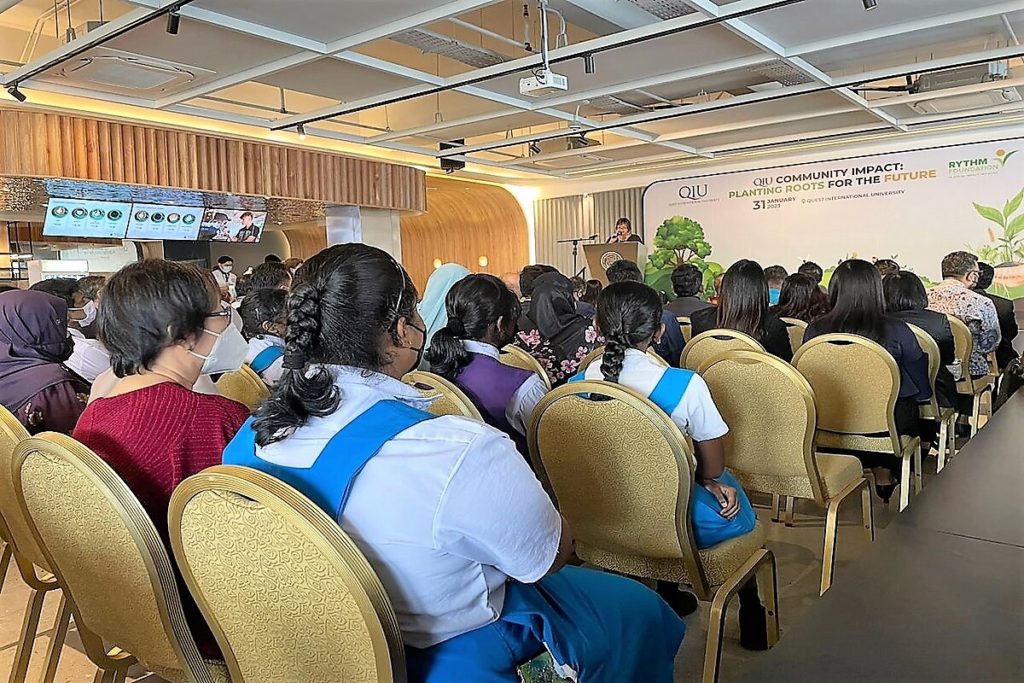
The university’s emphasis on sustainability is evident through various activities already carried out within the QCI framework. For example, RYTHM has worked with a dedicated in-house university committee since 2022 on numerous community development projects to help diverse communities.
Recent projects have included digital and financial literacy workshops to build the capacity of single mothers operating micro-enterprises, academic coaching for secondary school students from underprivileged households, soup kitchens, and public health campaigns.
Also read: Quest International University Helps B40 Women Improve Their Entrepreneurial Skills
QIU also recently held a tree-planting and community clean-up exercise at the Tasik Taman Indah park and jogging track with the Department of Drainage and Irrigation and the Global Environment Centre’s support. Other community service activities have included Christmas events with differently-abled children and workshops on healthy eating and mental health.
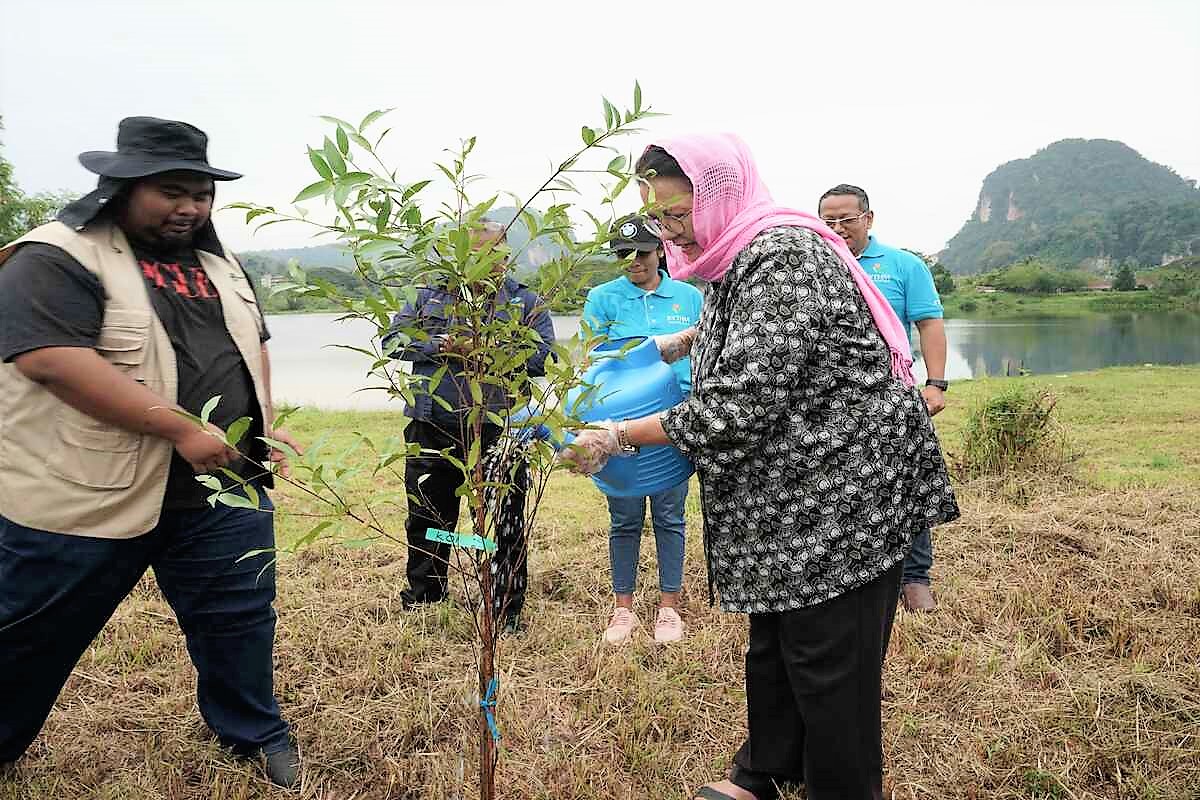
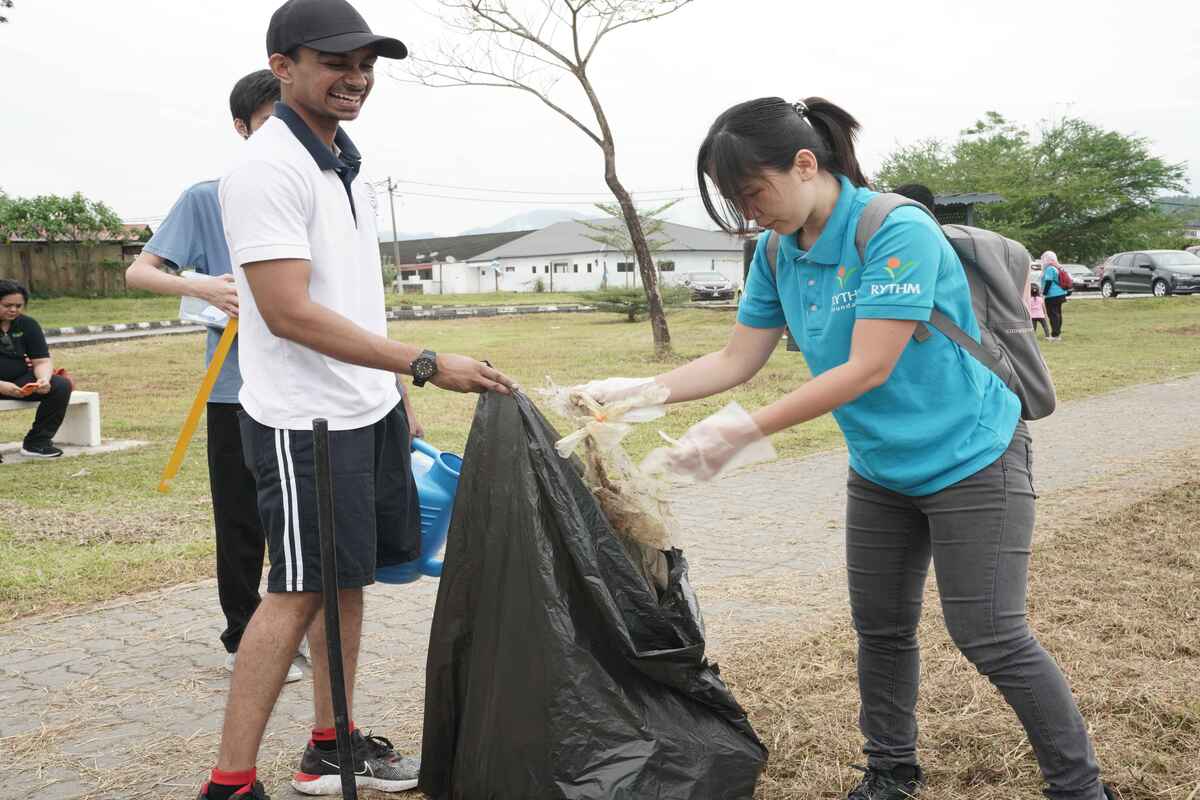
The university has worked closely with various state government entities to see these efforts through, including the Health Department, Women’s Development Department, and the Raja Permaisuri Bainun Hospital.
Since the initiatives began last year, more than 160 QIU employees and students have participated in efforts benefiting children, women, and other communities in Ipoh.
‘Now is the Only Time to Make a Difference’
During the launch, Dato’ Sri Vijay said, “Volunteerism and community service have always been integral to our corporate ethos. We believe in the critical role private entities play in community engagement.
“With QCI, we are taking things further in our academic approach by encapsulating social responsibility into our strategic goals alongside our commitment to research and education.
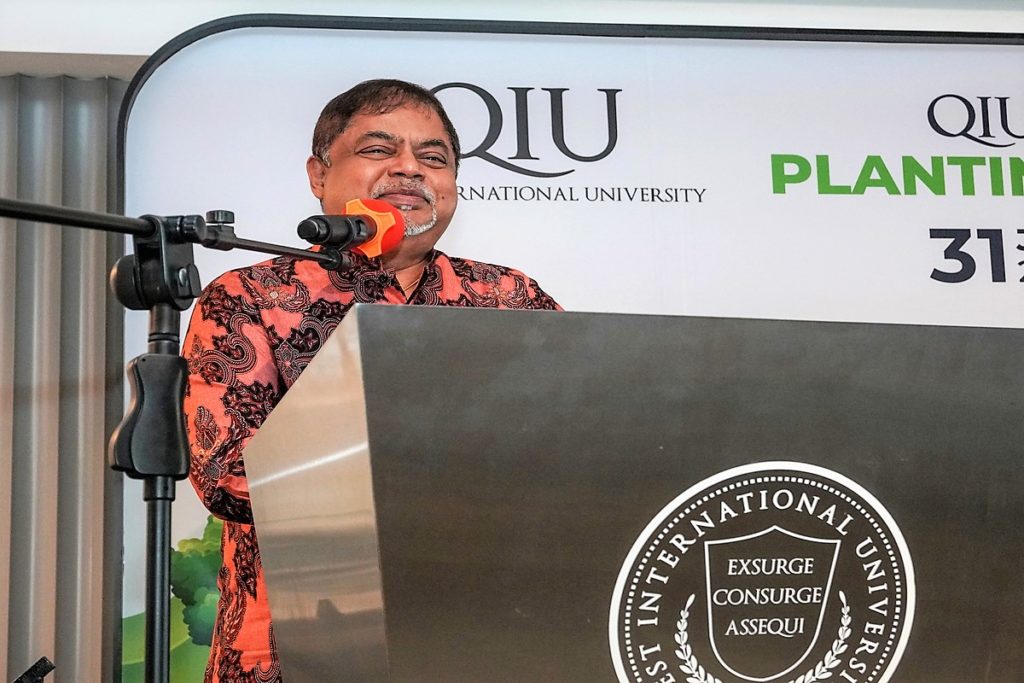
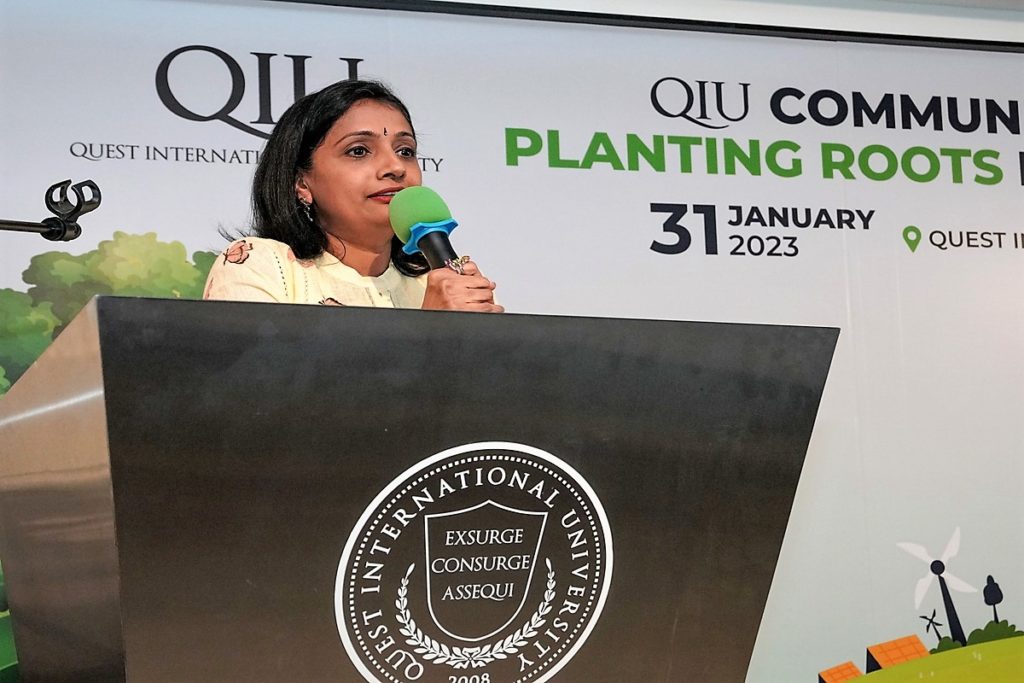
“As citizens and leaders of tomorrow, we want to ensure our staff and students develop both academic and professional skills and a sense of ethical, social, and environmental responsibility towards the societies they will serve. Now is the time to make a difference; now is the only time we have,” Dato’ Sri Vijay added.
Datin Sri Umayal said the Foundation’s focus is to surpass social responsibility and emphasise long-term community development through the capacity building of local, underserved communities.
“With the rate of inequalities still rampant, our initiatives create education and vocational training opportunities, impart personal development and life skills, and contribute to environmental sustainability. Our goal is to equip people to open windows of opportunities and break down the disparities engulfing low-income communities,” Datin Sri Umayal added.
“The university is a powerful place to shape lives and minds, and we want to see a different breed of students emerging from QIU.
“We want them to have a heart, serve the community and develop gratitude. We walk the talk, so we hope they follow us on that path.”
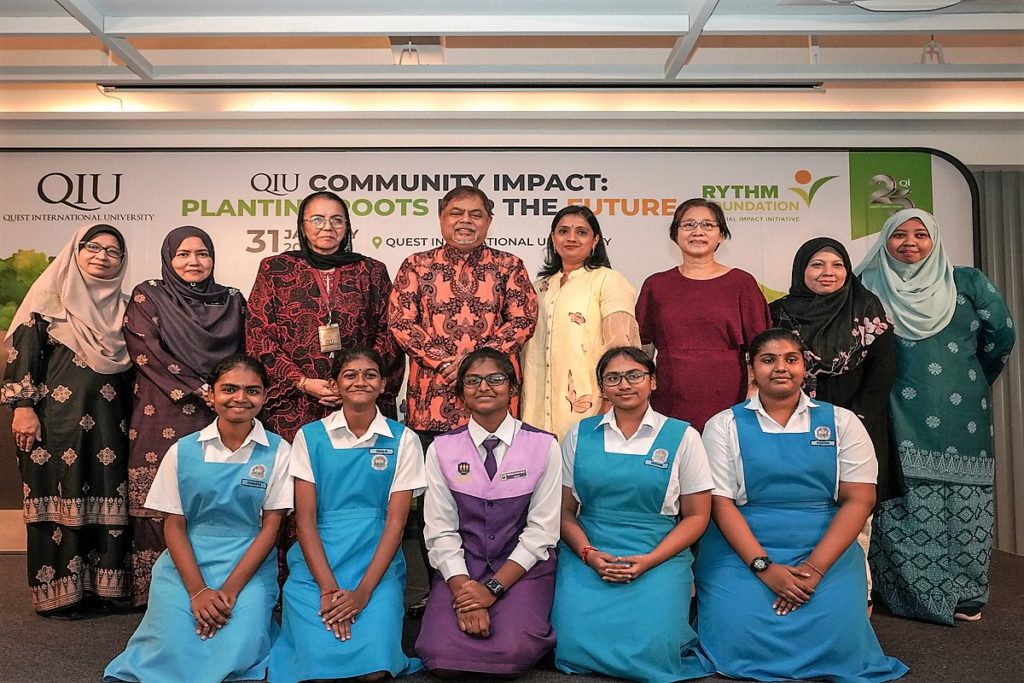
The Head of RYTHM, Santhi Periasamy, said, “QCI signifies doing away with one-off events that result in short-term impacts for our beneficiaries.
“The focus is on creating lasting effects for the communities we serve and identifying and working closely with specific groups to achieve their sustainability goals,” Santhi said.
QIU’s Vice-Chacellor, Prof Zita Mohd Fahmi, noted that the duty of educational institutions goes beyond academics to educate, empower, and assist the society with resources.
“The seeds of values will grow strong when we plant the roots of social responsibility. We want to grow with and transform the communities around us.
“In 2023, we will continue to organise more programmes related to education, skills building, economic empowerment, eradicating poverty, health, and many others,” Prof Zita added.
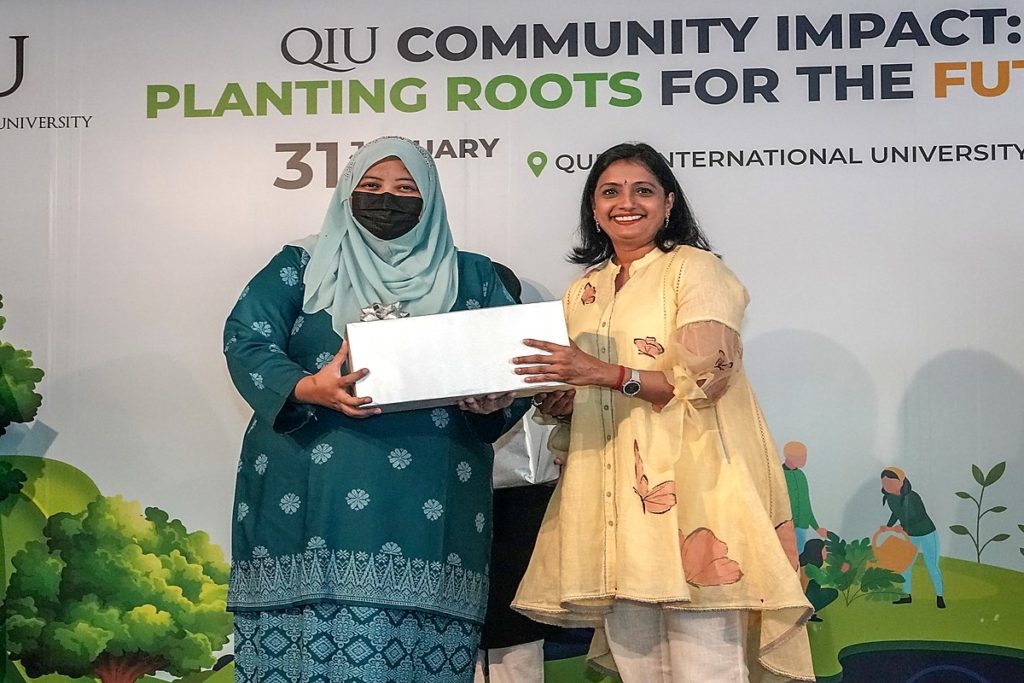
Programmes Deliver Skills and Results
A QCI initiative that has delivered tangible results for its beneficiaries is the ‘Womenpreneur A to Z’ workshop series. The programme helps single mothers with home-based businesses master digital marketing, financial literacy, and business development.
Norasmawati Hashim, a baker and traditional Malay food caterer, said the workshops equipped her with the skills to grow her business. “I had limited knowledge about operating a food business before. However, since joining the workshops, I have become a better operator and have seen an increase in orders. Thank you, RYTHM Foundation and QIU.”
Similarly, Zalikhah Husna Zainuddin appreciated the programme helping her address the challenges of her delicacies enterprise. “I learned that no business is too small to benefit from proper planning and costing,” she said.
In the same manner, the students of SMK Sri Putri in Ipoh have been soaring to new heights thanks to QCI’s after-school academic coaching programme. With its innovative learning approach and dedicated team of coaches, this programme has given students the tools and confidence they need to succeed.
The results speak for themselves: last year, the school’s pass rate skyrocketed from a modest 35% to an impressive 70%. The once-struggling students are now shining stars, defying expectations and exceeding their limits.
“The future looks bright for our school, and the coaching programme is a big part of why,” said principal Zakiah Ariffin. “Eighty-four per cent of our school’s students are from B40 households. The free tuition classes fulfil a great need because many families cannot afford the extra classes for their children.”

“I learned a lot of exciting things. However, the most enjoyable part was the lecturing techniques which helped me understand my subjects better,” student Kuganna Krishna said.
“I enjoyed every class, especially English and Mathematics. The different methods of teaching helped me progress in my subjects. As a result, I was motivated and pushed myself harder in my studies, “ said another student, Varshini Mani Rajan.

